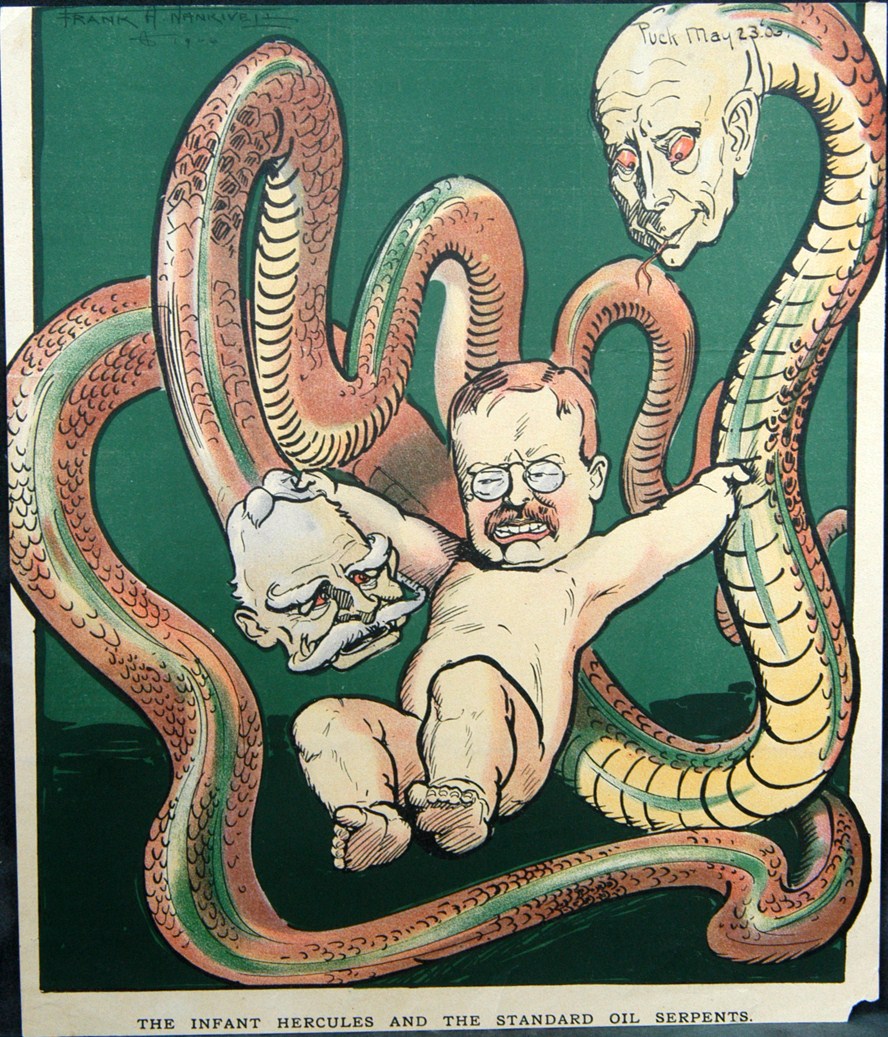An ExxonMobile official threatened reporter Lisa Song (InsideClimate News) with arrest at the site of an Arkansas oil spill on Wednesday. Song is co-author of The Dilbit Disaster: Inside the Biggest Oil Spill You’ve Never Heard Of. The expose of the July 2010 oil spill of more than a million gallons of dilbit — diluted bitumen, the same substance that spilled in Arkansas — into the Kalamazoo River in Michigan, was a finalist for the 2012 Scripps Howard Award for Environmental Writing.
The ExxonMobile Pegasus pipeline that ruptured in Mayflower, Arkansas, on March 29 is at about sixty-five years old and was not originally designed to carry dilbit, a mixture of Canadian oil and chemicals that is heavier and more corrosive than normal crude oil. ExxonMobile has said the 800-plus mile pipeline that runs from south-central Illinois to Texas was upgraded to double its capacity two years ago.
“I have been reminded by Exxon’s representatives that this is a relatively small spill and cleanup is going just great,” Arkansas Attorney General Dustin McDaniel told NPR on Wednesday when he was inspecting the site. “I hope that they realize that to the homeowners in this area, it is not small — it is catastrophic.”
News of the threat follows reports of other attempts by ExxonMobil to limit public access to information about the 80,000 gallon spill. (For example, here and here.)
Here’s a clip from today’s InsideClimate News about the incident:
Song had tried to enter the command compound on Tuesday, but was turned away by a security guard. On Wednesday, however, a different guard was on duty and he waved her through the gate. Inside, a second person directed her to the warehouse that houses the command center.
Inside the building, Song went to a table with a sign that said “public affairs,” where she was given the name and contact information for Austin Vela, the EPA spokesman at the site. Before she could get the name of a DOT representative, however, Exxon spokeswoman Kim Jordan spotted Song and told her to leave. A second person arrived and said, “You’ve been asked by security to leave. If you don’t you’ll be arrested for criminal trespass.”
via InsideClimate News Reporter Threatened With Arrest at Ark. Oil Spill Site | InsideClimate News.
(Disclosure: While I’ve never met Song, the news organization she works for published a series of articles I wrote in 2012.)
